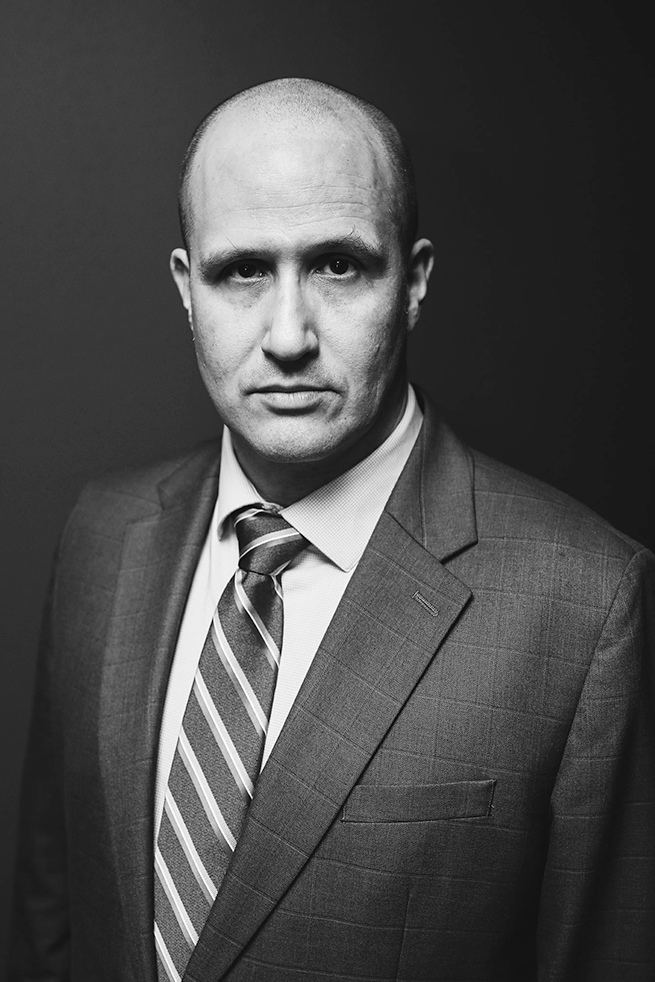Irrevocable Trusts
Irrevocable trusts were once popular for avoiding nursing home costs and preserving inheritances by transferring assets beyond Medicaid's five-year lookback period. This shift in healthcare economics has led estate planning attorneys to reconsider advising clients to transfer all assets away. While this strategy may preserve inheritances, it can result in subpar care at some nursing homes which risks a poor quality of life for elderly clients.
- When is an irrevocable trust advised?
There are certain rare scenarios where an irrevocable trust may be suitable for those who are potentially facing federal estate taxes (individuals with $12-23 million dollars in estate assets). Irrevocable trusts can also be handy in some business and family situations where a person or group of people want to create a permanent and unchangeable document. This can be the case in situations like managing a jointly-owned property.
- Can you avoid a creditor with an irrevocable trust?
Irrevocable trusts are also sometimes used to avoid creditors but they come with major repercussions – such as a loss of direct control of your own property or house, the inability to move, manage or sell your assets easily, and the cost and burden to the third party receiver-trustee of your property in maintaining it. There is also the risk of a judge in a court of law later striking down your irrevocable trust if it can be proven that it was created with an improper intent to avoid and defraud your current creditors. Therefore, irrevocable trusts are still often not used under such settings. You should consult an attorney who is familiar with bankruptcy law and creditors’ rights to find a better, or hybrid, solution.
Revocable Trusts
A revocable trust, also called a living trust, not to be confused with a living will, is a legal document used to manage assets. The assets are then managed by a trustee appointed by the grantor, who may be the grantor initially. One of the primary purposes of revocable trusts is to avoid the probate process after the death of the grantor. Assets are instead distributed according to the terms of trust which can offer more privacy and control over the distribution.
Revocable Trusts & Creditors:
There is a common misconception that revocable trusts can be used to protect you from creditors and debts. This is usually not the case since you can change a revocable trust’s terms at any time and control it directly, the law and government still see it as your property and therefore open to your creditors’ claims.
Microtactics & Trusts:
Some micro-tactics can help avoid your creditors with a trust, even though the trust isn’t truly “protecting” you from the creditors’ legal claims. For example, naming your trust something generic, such as “The Blue Sky Trust,” can make it harder for a creditor to find and connect the dots that you own the trust and its property. This tactic can be strengthened by other special privacy tactics, such as using a P.O. Box for your mail contact and avoiding an internet presence and social media generally, etc. While these actions won’t stop a creditor from winning a judgment if they sue you in court, they may make it harder to find and sue you in the first place from a purely practical standpoint.

























